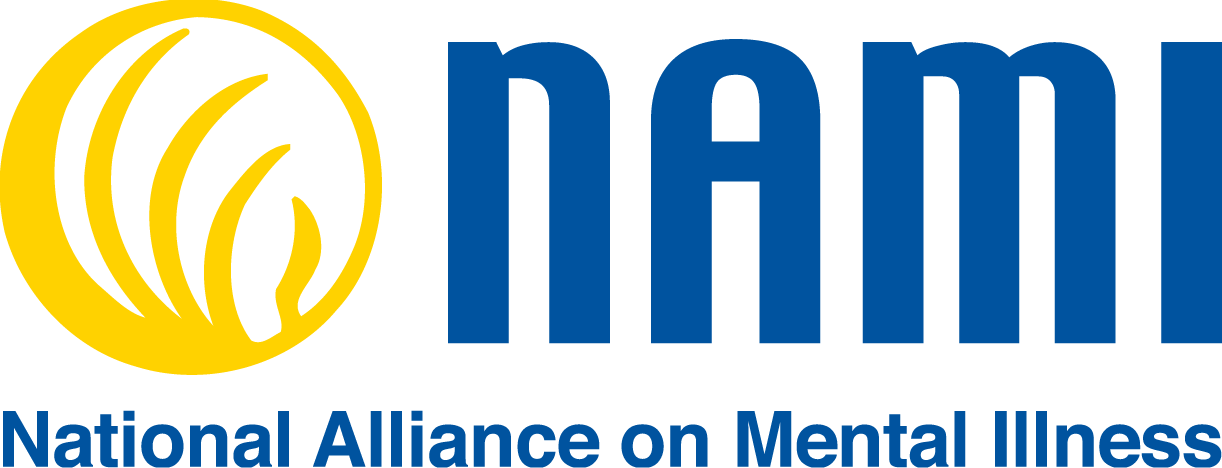Resources
On this page you will find a list of organizations, information guides, crisis hotlines and text line, and my template for a medication list. If there’s something you think I should add, let me know!
Organizations
National Alliance on Mental Illness (NAMI) – is the nation’s largest grassroots mental health organization dedicated to building better lives for the millions of Americans affected by mental illness. NAMI educates, advocates, listens, and leads. They have a toll-free HelpLine where they provide free information, referrals, and support. Call 1-800-950-NAMI (6264) Please note – the HelpLine is not able to provide counseling/therapy or specific recommendations. They have detailed information about mental health disorders, public policy, finding support, and opportunities to share your story online. NAMI also has chapters all over the nation, many with opportunities to assist with advocacy and education.
*Full disclosure, I speak on panels for crisis intervention training for the Cook County Sheriff’s Office with NAMI’s Chicago chapter. I am compensated for this, but I am not a NAMI employee, nor am I paid to advertise or promote NAMI or any of its services.
Schizophrenia and Psychosis Action Alliance (SPAA) (formerly Schizophrenia and Related Disorders Alliance of America (SAARDA)) – seeks to reclassify schizophrenia and schizophrenia-related illness as brain diseases. They strive to promote hope, recovery, and improvement in the lives of people affected by these illnesses through support programs, education, collaboration, and advocacy. They host weekly conference calls for both those living with these illnesses as well as friends and family. They are also the organization behind the Schizophrenia Alliance (SA), a self-help alliance with groups all over the world. They have a significant amount of information available, including on public policy and legal issues.
Mental Health America (MHA) – is the nation’s leading community-based nonprofit dedicated to addressing the needs of those living with mental illness and to promoting the overall mental health of Americans. Mental health is a critical part of wellness, and they promote this through education and outreach, public policy, peer advocacy, supports, and services. They have a great section on finding help and an Advocacy Network in which anyone can take part, as well as a wealth of information about disorders and public policy.
Students With Psychosis – is a 501(c)(3) nonprofit that empowers student leaders and advocates worldwide and their families through community building and collaboration. They provide over 160+ hours monthly of virtual programming at no cost to their student leaders and advocates with at least five to six hours facilitated each day and opportunities to get more involved.
Active Minds – is a national organization with chapters at colleges and universities all over the nation that work towards changing the conversation around mental health. Each chapter changes the conversation in their own ways, through meetings, events, and more. The national organization also offers powerful programs such as a mentla health and suicide awareness display called Send Silence Packing, as well as an extensive speaker’s bureau. If your a college student and you’re interested in starting a chapter on your campus, this website will help you figure out how to make that happen.
*Full disclosure, I was a member and co-president of the Northwestern University chapter of Active Minds. I am not an Active Minds employee or representative, and I was not and am not compensated for my work with the chapter or for promoting the organization, its programs, or its mission.
National Institute of Mental Health (NIMH) – is the lead federal agency for research on mental disorders. Their vision is for a world in which mental disorders are prevented and cured, and they hope to achieve that through transforming the understanding and treatment of mental illnesses through basic and clinical research leading to prevention, recovery, and cures. They are a part of the National Institute of Health, which is part of the U.S. Department of Health and Human Services. They offer a great deal of information on mental health issues, help private and federal help for people with mental health disorders, current and past research and the funding behind it, and clinical trials.
Information Guides
**Please note – guides are posted for information and education purposes only. This is not an endorsement or recommendation for any specific treatments, programs, or facilities that may be mentioned in the guides.
Medicare Resources for Mental Health Care
This guide, provided by Medicare Plans Patient Resource Center, aims to help medicare recipients identify the different types of outpatient and inpatient services that are covered, eligibility, and how to get help paying for services and medication. You can view the guide by clicking here.
Domestic Violence and Substance Abuse
Many victims of domestic violence turn to substance abuse as a method to cope. To learn more about domestic violence and it’s connection with substance abuse, check out the following guides:
Domestic Abuse, Sexual Violence, and Substance Use – DrugRehab.com
Domestic Violence and Substance Abuse – Ridgefield Recovery
In Crisis?
If you or a loved one are in immediate danger, call 911. If you or a loved one are experiencing a psychiatric crisis, call 911 and let them know this is a mental health crisis, call your mental health care professional, and check out the resources below
National Suicide Prevention Lifeline – 800-273-TALK (8255)
Crisis Text Line – Text HOME to 741741 to connect with a trained crisis counselor 24/7
National Domestic Violence Hotline – 800-799-SAFE (7233)
National Sexual Assault Hotline – 800-656-HOPE (4673)
Templates
Medications List Template – an editable list to keep track of medications and other personal information. This information can be important in emergencies, but the list is also great for giving to doctors and nurses who need to know the details of your conditions and medications.





